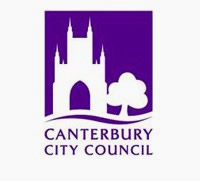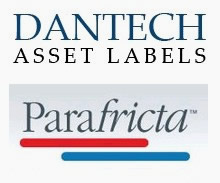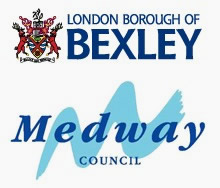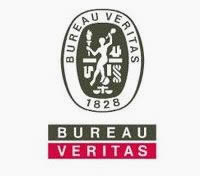What does PPC stand for?
01/04/2009
What is PPC? What does PPC stand for?
PPC or Pollution Prevention and Control is a regulatory regime within the UK for controlling pollution from certain industrial activities. This fits within the EPR (Environmental Permitting Regulations) Framework. More information about the PPC (Pollution Prevention and Control) policy is available on the http://www.defra.gov.uk/Environment/ppc/ website.
But within the telecommunications sector, PPC stands for Protected Procedure Call. A Protected Procedure Call (PPC) is a messaging facility wherein messages are sent and received using procedure call interfaces. There are many other types of procedure calls, for example a LPC (Local Procedure Call used by the Microsoft Widows NT kernel for light weight message queuing between processes on the same computer. Or a DPC (deferred procedure call) which allows high-priority tasks to defer required but lower-priority tasks for later execution The PPC (Protected Procedure Call) is a core component of the K424 operating system. K is short for Kernel, and ‘42’ provides the answer to life, the universe and everything.
 More popularly, the PPC stands for Partido Popular Cristiano or the Christian People’s Party in Peru. The PPC (Partido Popular Cristiano) i sthe third oldest active political party in Peru. More information can be found on http://www.ppc-peru.org/ or http://www.ppc.pe/
More popularly, the PPC stands for Partido Popular Cristiano or the Christian People’s Party in Peru. The PPC (Partido Popular Cristiano) i sthe third oldest active political party in Peru. More information can be found on http://www.ppc-peru.org/ or http://www.ppc.pe/
Today on the Internet PPC is often associated with Pay Per Click or paid or sponsored search, a type of advertising pioneered by Overture and successfully copied by Google AdWords. This allows advertisers to show ads besides the search results, and the advertiser only gets charged when someone clicks onto the advert.
Cornish WebServices provide managed PPC (pay per click) advertising services for businesses advertising both in the UK and in other countries.


























